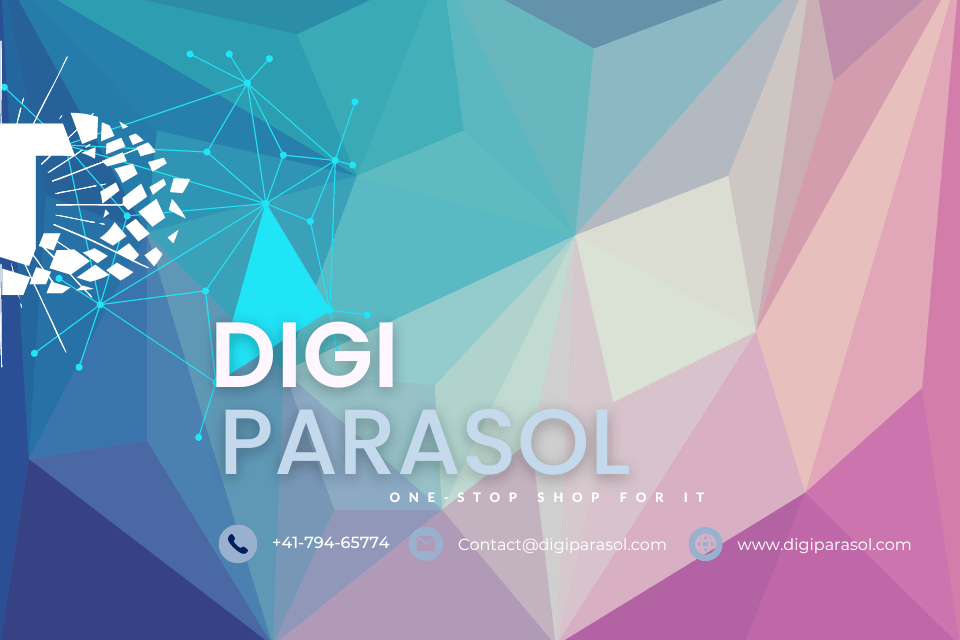Artificial Intelligence (AI) has been making significant advancements in various fields, including healthcare. In recent years, AI has been gaining popularity in rehabilitation medicine for improving patient outcomes, personalized treatment plans, and reducing healthcare costs. This article will explore the innovations and applications of AI in rehabilitation medicine.
**1. AI-Powered Assistive Devices**
AI has played a crucial role in the development of assistive devices that can aid in the rehabilitation process. These devices use AI algorithms to analyze patient data and provide real-time feedback to patients and clinicians. For example, robotics-assisted rehabilitation devices can help patients with motor impairments to regain strength and mobility through targeted exercises.
One such example is the MyoPro brace from Myomo, which uses AI algorithms to detect muscle activity and assist patients with weak or paralyzed arms in performing daily tasks. Additionally, companies like ReWalk Robotics have developed exoskeletons powered by AI to help individuals with spinal cord injuries to walk again.
**2. Personalized Treatment Plans**
AI has the potential to revolutionize rehabilitation medicine by enabling the development of personalized treatment plans for each patient. By analyzing large datasets of patient information, AI algorithms can identify patterns and predict which treatment options are most effective for individual patients.
Companies like MindMaze have developed AI-powered rehabilitation platforms that use virtual reality and motion tracking to customize therapy programs for each patient’s specific needs. These platforms not only improve patient engagement and motivation but also track progress and adjust treatment plans accordingly.
**3. Remote Monitoring and Telemedicine**
AI has also facilitated the adoption of remote monitoring and telemedicine in rehabilitation medicine. By integrating wearables and sensors with AI algorithms, healthcare providers can remotely monitor patients’ progress, track vital signs, and provide real-time feedback.
For example, companies like Jintronix have developed AI-powered rehabilitation tools that enable patients to perform therapy exercises at home under the supervision of clinicians. These tools not only improve accessibility to rehabilitation services but also allow for more frequent monitoring and adjustments to treatment plans.
**4. Predictive Analytics for Rehabilitation Outcomes**
AI algorithms can analyze vast amounts of patient data to predict rehabilitation outcomes and identify potential barriers to recovery. By leveraging machine learning techniques, healthcare providers can optimize treatment plans, reduce hospital readmissions, and improve long-term patient outcomes.
One study published in the Journal of Medical Internet Research demonstrated the effectiveness of using AI-powered predictive analytics to identify patients at risk of falling during rehabilitation. By proactively addressing fall risks, clinicians were able to prevent injuries and improve patient safety.
**5. Virtual Reality Rehabilitation**
AI has also been instrumental in the development of virtual reality (VR) rehabilitation programs that simulate real-life environments and tasks to improve patient outcomes. By immersing patients in virtual environments, clinicians can provide interactive and engaging therapy sessions that enhance motor skills and cognitive functions.
Companies like XRHealth have developed AI-powered VR rehabilitation programs that target specific impairments, such as balance, coordination, and memory. These programs not only boost patient motivation but also offer a safe and controlled environment for practicing daily activities.
**6. Challenges and Future Directions**
Despite the promising applications of AI in rehabilitation medicine, several challenges need to be addressed to maximize its potential. These include concerns about data privacy and security, the need for regulatory oversight, and the importance of maintaining the human touch in patient care.
Moving forward, researchers and clinicians must collaborate to develop AI algorithms that are transparent, interpretable, and ethical. By integrating AI technologies with clinical expertise and patient feedback, healthcare providers can harness the power of AI to improve rehabilitation outcomes and transform the field of medicine.
As Dr. Albert Einstein once said, “The only source of knowledge is experience.” In the context of AI in rehabilitation medicine, this quote holds true. By combining the knowledge and experience of healthcare providers with the innovative capabilities of AI technologies, we can revolutionize rehabilitation medicine and enhance the quality of life for patients worldwide.
In conclusion, AI has revolutionized the field of rehabilitation medicine by enabling personalized treatment plans, remote monitoring, predictive analytics, virtual reality rehabilitation, and AI-powered assistive devices. By leveraging AI algorithms and technologies, healthcare providers can improve patient outcomes, reduce healthcare costs, and enhance the overall quality of care. As we continue to innovate and explore the possibilities of AI in rehabilitation medicine, the future looks bright for patients in need of rehabilitation services.
References:
1. Myomo – https://myomo.com/
2. ReWalk Robotics – https://www.rewalk.com/
3. MindMaze – https://www.mindmaze.com/
4. Jintronix – https://jintronix.com/
5. Journal of Medical Internet Research – https://www.jmir.org/
6. XRHealth – https://www.xr.health/

